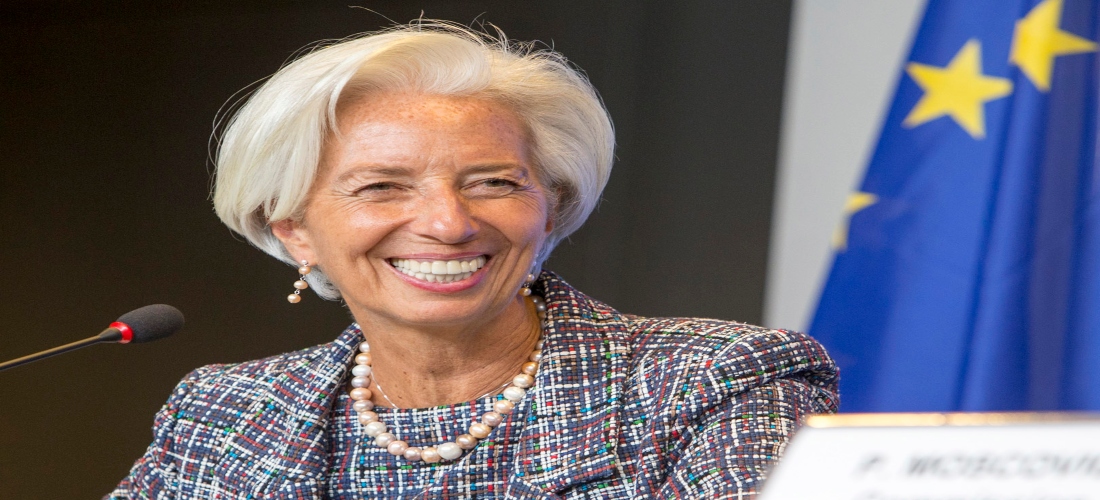NEWS

Audience with the candidate to preside over the ECB, Christine Lagarde
The candidate to preside over the European Central Bank, Christine Lagarde, will appear on September 4 in the European Parliament.
Lagarde will answer the questions of the MEPs of the parliamentary commission of Economic and Monetary Affairs before the vote on his candidacy in the plenary.
This meeting will allow the deputies to evaluate the candidate and make a recommendation on whether she should receive the approval of the European Parliament.
The hearing will begin at 10:30 in the morning (Spanish peninsular time) and will be broadcast live on the internet. The parliamentary commission will vote on its recommendation on Wednesday afternoon, while the full European Parliament is scheduled to pronounce itself during its September session (from 16 to 19).
Lagarde Nomination
France's Christine Lagarde was nominated in July by EU leaders to chair the European Central Bank (ECB), starting November 1, 2019, replacing Italian Mario Draghi.
Lagarde is currently, and since 2011, managing director of the International Monetary Fund (IMF), a position he will resign if he is finally elected to the ECB. Before leading the IMF, she was minister of the French government in different portfolios, including that of Economy and Finance between 2007 and 2011, under the presidency of Nicolas Sarkozy.
If Lagarde gets the position, she will be the first woman to chair the ECB. MEPs have asked for more women in high-level positions in economic and monetary matters.
Mandate against the ECB
The presidents of the ECB are appointed for a non-renewable period of eight years by the EU Heads of State or Government, but Parliament must be consulted beforehand. Parliament's opinion is not binding on the European Council, but it has some weight for the legitimacy of the candidate, since it comes from the democratically elected body of the EU.
The European Parliament and the ECB
A key principle in the work of the European Central Bank is its political independence, which means that it should be free to pursue its objective of maintaining price stability without being subject to political pressure.
Even so, in the interest of democratic responsibility, the president of the European Central Bank attends quarterly hearings in the Committee on Economic and Monetary Affairs of Parliament, a process known as "monetary dialogue", to explain the monetary policy and decisions of the bank in front of the representatives elected by the citizens of the EU.
The ECB president also presents the bank's annual report in a plenary session and responds in writing to the written questions of MEPs.



